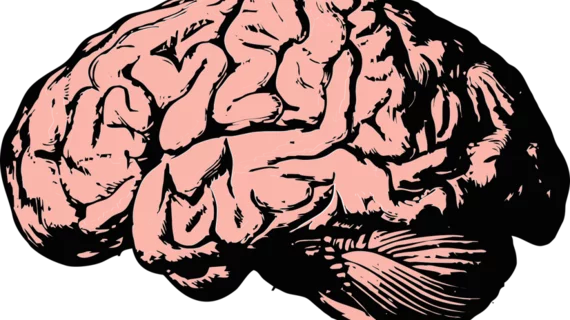GBCAs found harmless to the brain in MR arthrography
Despite concern regarding the negative effects gadolinium-based contrast agent (GBCA) deposition can have on the brain, researchers found through studying MRI data that GBCAs are safe to use for musculoskeletal MR arthrography, according to research published Aug. 14 in the American Journal of Roentgenology.
“We found no evidence of intracranial gadolinium deposition on brain MR images in patients who had intraarticular gadolinium administered for MR arthrography and no other GBCA exposure,” wrote lead author Lauren Ladd, MD, a radiologist at the Indiana University School of Medicine.
Ladd and colleagues analyzed 31 patients (average age of 45 years) with no history of gadolinium exposure who underwent MR arthrography from 2006 to 2016 followed by a brain MRI examination. A group of 34 controls of similar age were included for comparison.
ROIs were manually placed within bilateral dentate nuclei (DN), bilateral globus pallidi (GP), bilateral thalami, bilateral middle cerebral peduncles (MCP) and the central pons (CP) on T1-weighted sequences, according to the researchers.
“The left and right ROIs were averaged and ratios of signal intensity were calculated for DN/MCP, DN/CP, GP/MCP, GP/CP, thalamus/MCP, and thalamus/CP,” the researchers wrote.
“Similar ROIs were placed and ratios calculated for age-matched control subjects who had a history of brain MRI but no prior gadolinium exposure.”
The researchers found no significant variance in signal intensity between patients and control subjects for DN/MCP (p = 0.40), DN/CP (p = 0.76), GP/CP (p = 0.86), thalamus/MCO (p = .93) and thalamus/CP (p = .30), suggesting that GBCAs are safe to use for MR arthrography.

